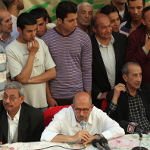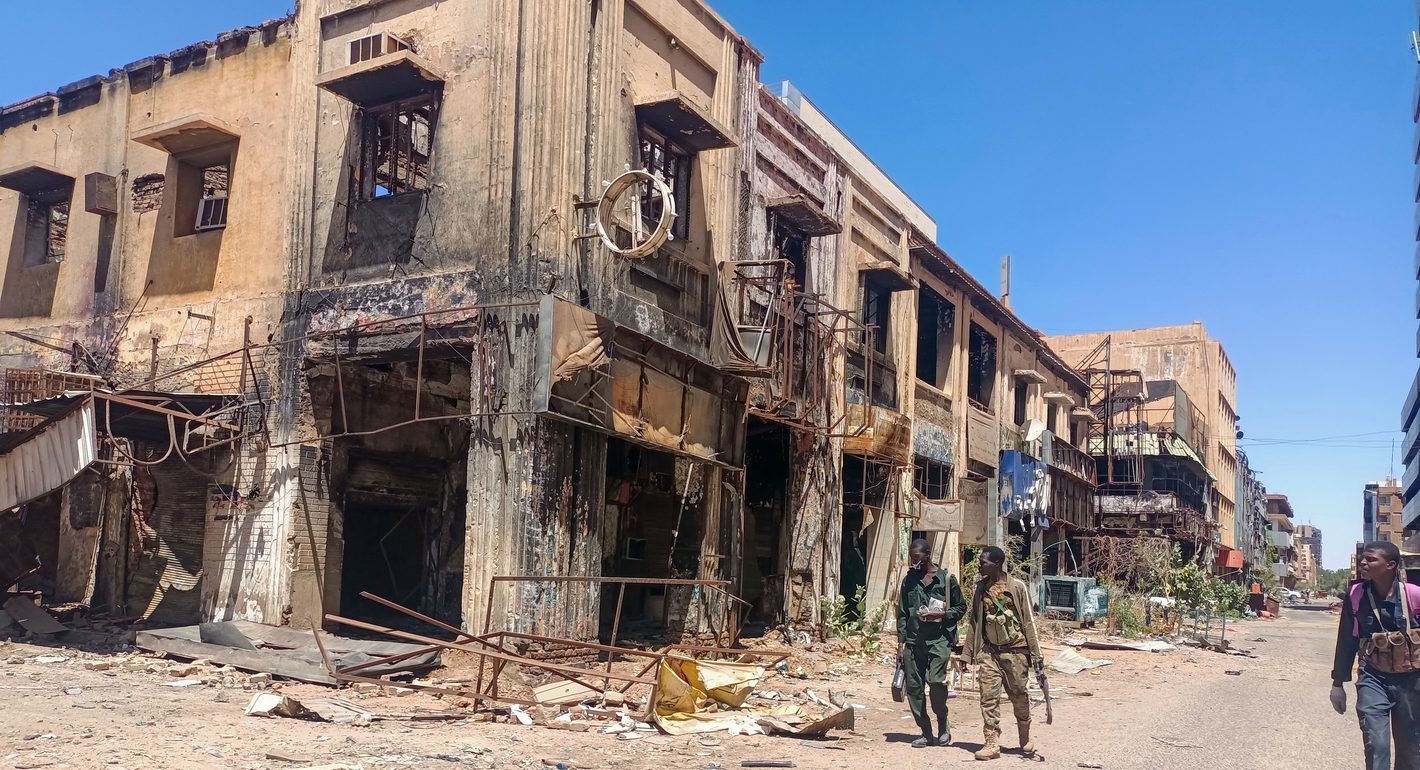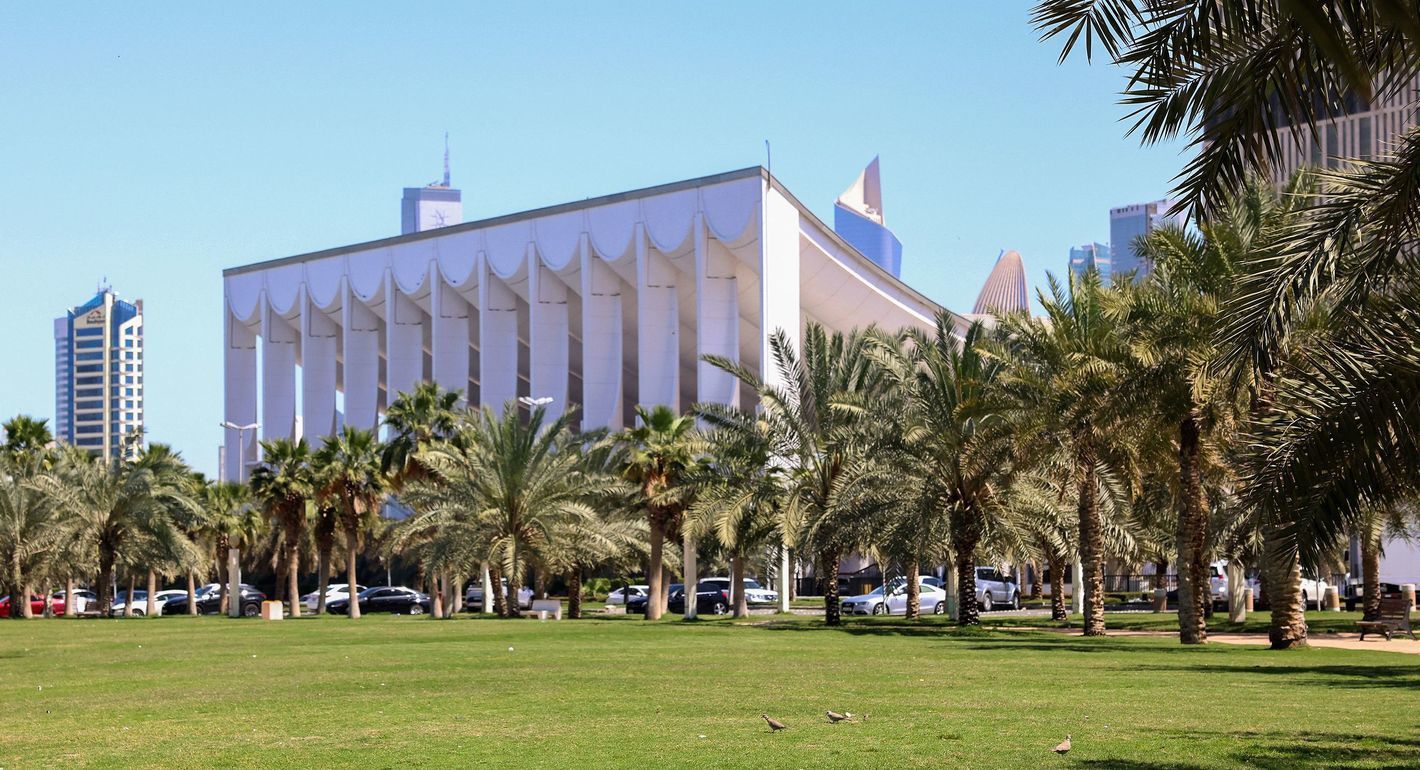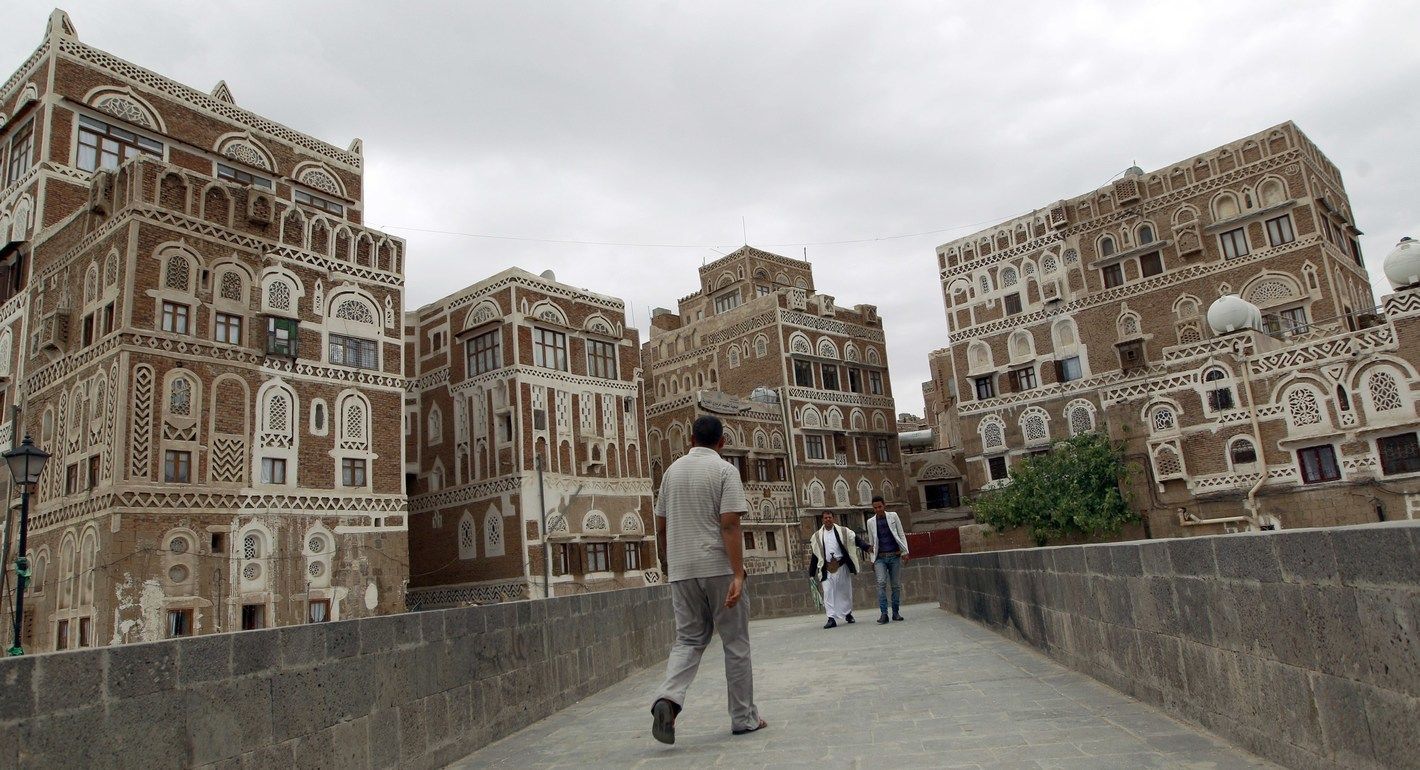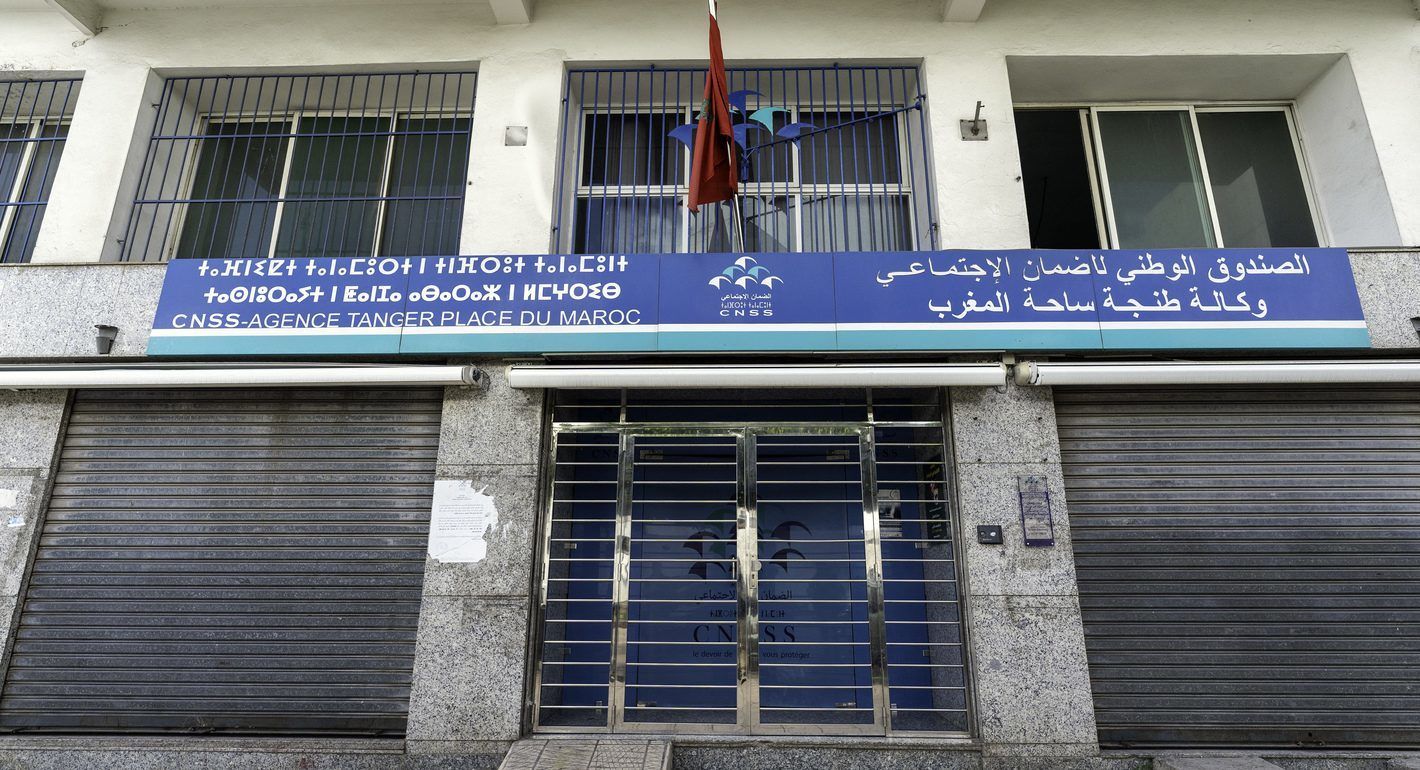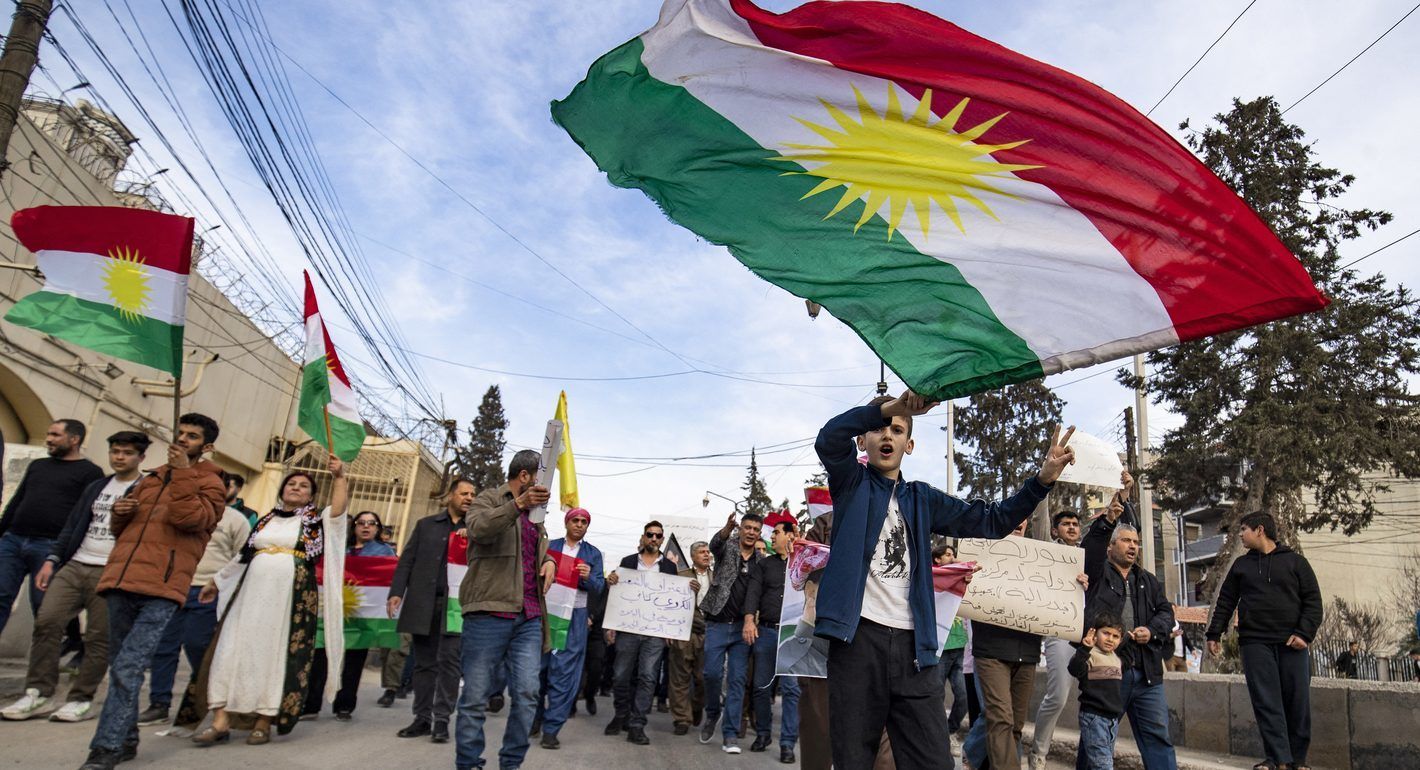Among the many ripple effects of the National Front for Change created by Mohamed ElBaradei in February 2010 is that it has made clear that there are at least two visions of political activism in Egypt, one reformist and the other revolutionary. Since its inception, the National Front for Change has distanced itself from Kifaya (a.k.a. the Egyptian Movement for Change), as well as radical nationalist and Islamist groups, who espouse a revolutionary vision and have failed to mobilize many followers or organize sustained protests. At the same time, more moderate elements of these movements have joined ElBaradei’s initiative.
Where are Egypt’s political parties in this picture? Clearly the country’s 24 licensed parties are not the engine of political dynamism. Nor have they been for some time; among them they won only 9 seats in the 2005 parliamentary elections (5 of which went to the liberal Wafd party), as compared to 88 seats won by independent candidates affiliated with the Muslim Brotherhood, a banned organization. There are many reasons for the weakness of Egyptian parties, including regime restrictions and the general absence of politics from public life for many years. But parties now face complicated choices as they confront movements such as ElBaradei’s, as well as upcoming parliamentary and presidential elections.
Parties and Movements
The undemocratic origins and practices of the ruling National Democratic Party are reflected in the opposition parties, which have existed since Egypt adopted a system of limited pluralism in 1976. Opposition parties suffer from leaders for life and a lack of internal democracy . (The only current leadership contest is in the Wafd Party, which will hold a hotly contested election between president Mahmoud Abaza and challenger El-Sayyid Badawi on May 28.) Legal political parties have been largely absent from new and evolving forms of social and political protest, and have failed to renew their political discourse and to reach out to young activists and other new political forces.
The parties’ difficulty in adapting to new developments in Egyptian politics is reflected in their positions toward ElBaradei’s movement. A few legal parties, such as the liberal Democratic Front, have enthusiastically backed the movement and succeeded in recruiting young activists. It is worth noting, however, that the Democratic Front will not be eligible to nominate a presidential candidate in 2011 because it was founded less than five years ago.
The older opposition parties—the Wafd, leftist Tagammu’, and Nasserist parties—all have rejected ElBaradei in one way or another. The Wafd invited ElBaradei—who has family ties to the party—to join its ranks without enthusiastically endorsing his movement. Tagammu has rejected his movement, motivated by its alliance with the regime against any potential challengers, including both the Muslim Brotherhood and groups such as ElBaradei’s. The Nasserist party objects to ElBaradei’s movement on political and ideological grounds.
There are also three younger parties—liberal Ghad, Islamist Wasat, and Nasserist Karama—that either have never been formally licensed (Wasat and Karama) or that were licensed but have faced significant regime harassment (Ghad). These groups have joined the National Front for Change but their leaders have also criticized ElBaradei. In particular, Karama leader Hamdin Sabahi and Ghad leader Ayman Nour (who ran against Mubarak in 2005) have said that they are better qualified to be presidential candidates than a figure from outside the Egyptian political scene.
The Muslim Brotherhood
The Muslim Brotherhood has behaved cautiously toward ElBaradei’s movement. While Brotherhood leaders (unlike those of Ghad and Karama) have not directly criticized ElBaradei’s initiative, only a few members have participated in protests organized by the National Front. In effect, the Brotherhood seems to want the gains associated with supporting ElBaradei’s movement without having to commit to it. For his part, ElBaradei has been equally unenthusiastic about Brotherhood involvement. The Brotherhood has thus continued to mobilize in favor of its own agenda (freeing Brotherhood detainees and organizing protests in solidarity with Gaza) rather than democratic reform in Egypt.
The Brotherhood’s approach to ElBaradei is in keeping with its stress on prizing unity of the movement above all else. Meanwhile, the regime has opted for a strategy of calibrated confrontation—rather than total confrontation—with political challengers, including the Brotherhood. Regime efforts against the Brotherhood, including arrests and other measures, are aimed at excluding it politically rather than eradicating the organization.
Will ElBaradei Make a Real Difference?
The question remains whether the National Front represents a new chapter of opposition in Egypt or merely another page in an ongoing saga. The political protest movements that have emerged in Egypt since 2004 (such as Kifaya, April 6, blogger and youth movements, as well as groups of independent-minded judges, journalists, and university professors) have relied mostly on a strategy of protests against corruption and the absence of democracy. What has been missing so far was any serious attempt to build an effective opposition front linking the elite and the masses.
In this regard, the emergence of ElBaradei’s movement has allayed some fears but raised others. On one hand, ElBaradei has succeeded in inspiring many citizens and has thus produced a degree of political dynamism. He was able to present himself as a statesman with international standing who was interested in reforming his country. He has inspired democratic thinking—in fact, his popularity among the general public as well as the elite demonstrated Egyptians’ readiness to embrace democratic values—and created the sense of some choice beyond the regime-Brotherhood poles. On the other hand, the National Front was hastily formed following a two-hour meeting between ElBaradei and political activists, and includes a number of forces representing failed political initiatives. Due to these weaknesses, the Front itself appears to be already failing as an organization.
ElBaradei himself may have one final chance to contribute to political reform in Egypt. His return comes at a time when the Egyptian regime is exhausted by an increase in political and social protests, and by a lack of consensus over who will succeed President Mubarak. The long-deliberated succession scheme has been undermined by a lack of popular support and clear backing from major state institutions. But in order to succeed, ElBaradei would have to distance himself from all formal organizations, even his own National Front for Change. He must preserve his inspirational image among Egyptian citizens without resorting to institutional frameworks and leaderships that have failed to present anything new. Finally, ElBaradei’s reform ideas would need to gain the trust of Egyptian state institutions. This should be facilitated by ElBaradei’s career as an Egyptian diplomat, and the fact that he presents a reformist, rather than a revolutionary, alternative to the status quo.
Amr Elshobaki is an Egyptian author and president of the Arab Forum for Alternatives. Dina Bishara translated this article from Arabic.

